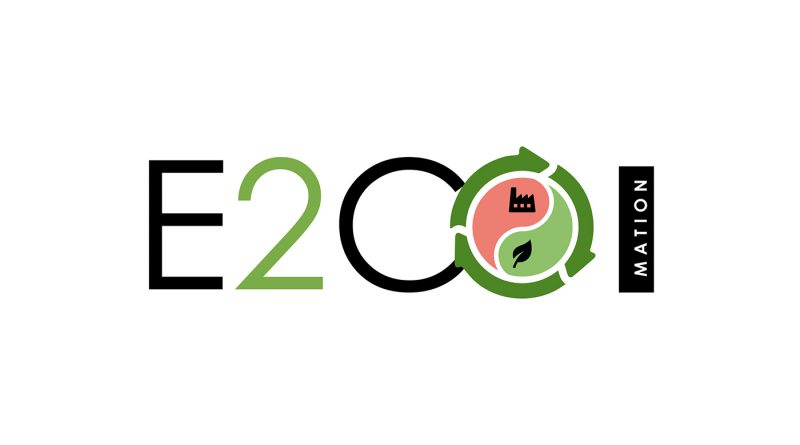A Powerful Tool for Sustainable Supply Chain Management
In the context of the E2COMATION project, Spindox has developed a decision support system (DSS) for sustainability assessment and optimization across the supply chain’s three dimensions: economic, environmental, and social. This LCA-driven supply chain management system, powered by Ublique, leverages artificial intelligence to provide tailored solutions for end-users.
This system has been specifically applied to the case of two end-user partners: Mahou, acting as a supplier, and Condis, a large food and beverage retailer. The primary goal is to demonstrate how to effectively utilize the DSS for sustainability assessment and optimization within the supply chain.
To achieve this, AI algorithms have been incorporated into Spindox’s Ublique platform, employing mathematical optimization, machine learning, and simulation techniques to meet the project’s needs and objectives. The DSS supports sustainable supply chain design and planning by employing mathematical models and algorithms that combine various decisions, such as accurate demand prediction, product mix, supplier choice, transportation network, purchasing plan, and inventory control.
One of the key aspects of the DSS is its ability to address the challenge of planning commercial product offerings in a set of stores. By maximizing profit, customer satisfaction, and reducing waste, the system takes into account information regarding items, stores, prices, costs, demand forecasts, variability, correlations between items, consumer preferences, and substitutable products.
Another important feature of the DSS is its capacity to analyze the impact of different production scenarios on downstream product flow, enabling end-users to make informed decisions regarding inventory sharing.
The system also excels in identifying the optimal reordering policy that reduces the impact on working capital, avoids stock-out and over-stock situations, and streamlines logistics with positive effects on energy consumption, transportation, and reorder frequency regularization to the supplier.
Moreover, the DSS optimizes the periodic scheduling and frequency of warehouse visits, emission rules defined in various transit zones, transportation costs, fleet capacity and loads, and driver deployment according to work rules and balanced workload.
By leveraging AI algorithms and advanced techniques, the developed DSS enables end-users to make informed decisions that optimize their supply chain across economic, environmental, and social dimensions.



For more information please contact with AIDIMME
Visits94

